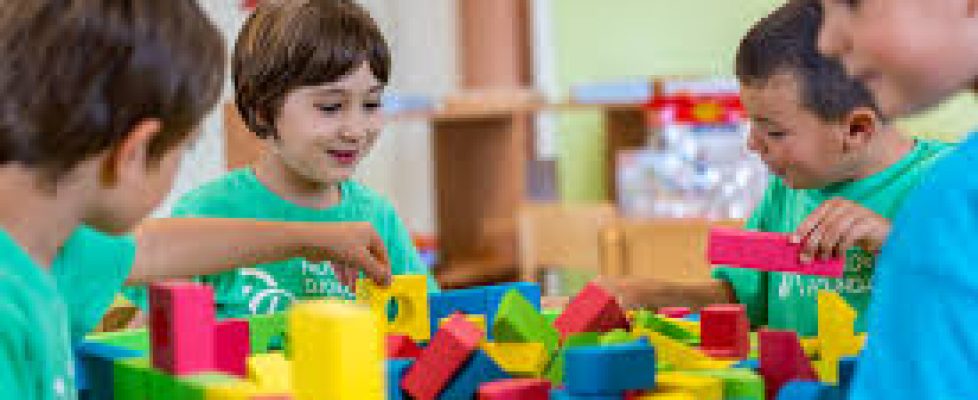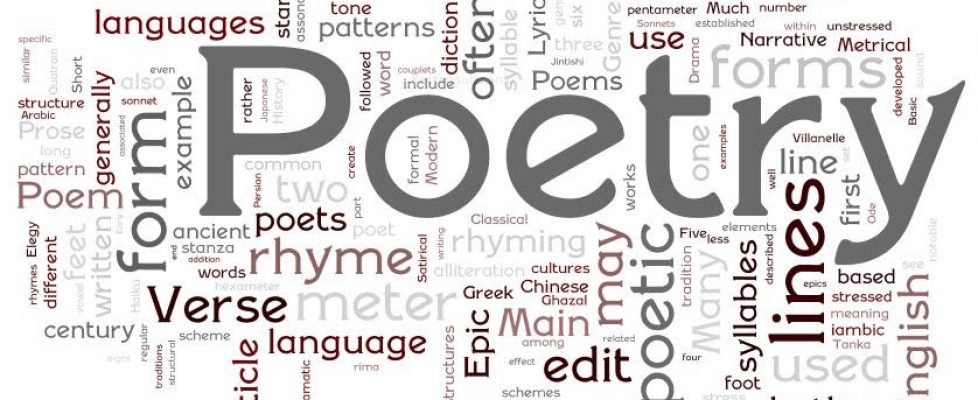The Beginning of Building Young Minds: Early Learners in Gungahlin and Their Cognitive Development
During the early years, every child’s brain begins to rapidly grow, which lays the foundation for everything from behaviour to future learning and especially good health. The way children think, explore their imagination, and try to figure things out is exactly what cognitive development refers to—this inner framework is what supports important skills to have, such as attention, logic, memory, and problem-solving. When it comes to early learning, Gungahlin is a community that ensures families benefit from a mixture of modern yet natural surroundings, creating early learning environments that are well-equipped for supporting young developing minds through developmental practices that are carefully considered.
Building Cognitive Skills During Early Childhood
Cognitive skill development occurs during early childhood through a combination of structured guidance and exploratory play. Children quickly develop the ability to make decisions, connect ideas, and process information. Numerous natural opportunities for this type of development are presented by daily life in Gungahlin, which is renowned for its extremely diverse and vibrant family community.
Numerous local learning centres make sure to encourage curiosity by allowing children to experience it through tactile experiences, imaginative play, and interactive storytelling—each one playing a crucial role in rearing core mental abilities.
Cognitive Development that Can Build a Child’s Memory
Memory is just one of the rudimentary facets of cognitive development. For younger learners, recalling memorised facts isn’t the only way they need to develop their memory—it’s much more than that, such as linking cause to effect, learning routines, and understanding sequences. To ensure these memory pathways are developing strongly, many early childhood learning centres utilise storytelling exercises, repetitive games, and lyrical music.
Language Development: Crucial Role in Cognitive Growth in Young Learners
A key role in cognitive growth includes language development. Children have the opportunity to develop comprehensive skills, sublimate the ability to articulate their ideas, and expand their vocabulary whenever they are engaged in conversations, whether with adults or their peers.
The multicultural environment Gungahlin is known for can often involve regular exposure to multiple dialects and languages—research has shown that this can foster enhanced executive functioning and cognitive flexibility.
Cognitive Skill Building Requires Problem-Solving Skills
Simple activities such as sorting objects by size, experimenting with stacking blocks, and navigating basic puzzles teach children how to reason, test hypotheses, and persevere in the face of a challenge. These skills can be cultivated both indoors and out, and in Gungahlin’s family-friendly spaces, it’s not uncommon to see children engaging in collaborative problem-solving while exploring nature trails or participating in community arts sessions.
Cognitive development in early learners is crucial because it establishes the mental framework that supports essential skills like attention, logic, memory, and problem-solving. This development is driven by the rapid brain growth that occurs during the early years of a child’s life. It not only influences their ability to learn and adapt but also impacts their behaviour and overall health.
Development of Young Learners’ Ability to Concentrate
A child’s ability to pay attention and focus is critical. By introducing young learners to routine and variation, they can develop the ability to concentrate on both. A few activities that can be used to strengthen their attention span include the following:
- Following along with multi-step instructions.
- Pattern recognition.
- Waiting for their turn.
Visual recognition exercises, rhythm-based movement games, and interactive group time are some of the ways that many early learning programs in Gungahlin foster these abilities.





















